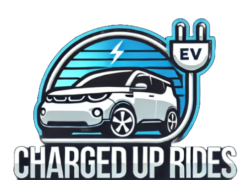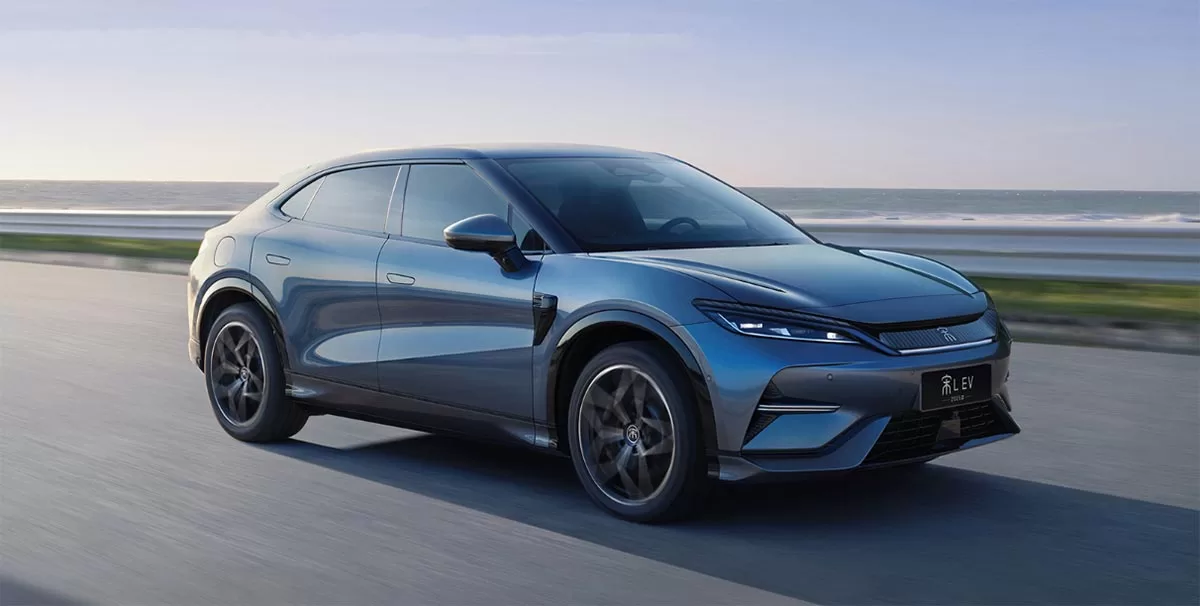Should You Buy a BYD Car? Key Factors to Consider
1. Introduction
Build Your Dreams (BYD) has transformed from a battery manufacturer to one of the world’s largest automotive companies. With its rapid ascent in the global electric vehicle market and surpassing Tesla in overall EV sales, many potential buyers are considering BYD vehicles. But the question remains: Should you buy one?
BYD’s journey from a small battery company in 1995 to a global automotive powerhouse represents one of the most remarkable success stories in modern manufacturing. With Warren Buffett’s Berkshire Hathaway as a significant investor (holding 7.7% stake), the company has gained considerable credibility in international markets.
2. BYD’s Strengths
Battery Technology Leadership
- Proprietary Blade Battery technology
- Enhanced safety and longevity
- Improved energy density
- Lower production costs
Vertical Integration
- In-house battery production
- Chip manufacturing capabilities
- Software development
- Complete supply chain control
Price Competitiveness
- 15-30% lower than comparable models
- Better feature-to-price ratio
- Competitive operating costs
- Strong warranty offerings
Innovation Track Record
- Regular technology updates
- Advanced manufacturing processes
- Cutting-edge safety features
- Continuous improvement philosophy
3. Build Quality and Reliability
Manufacturing Standards
- ISO 9001 certified facilities
- Advanced robotics and automation
- Strict quality control processes
- International standard compliance
Reliability Ratings
- Growing positive track record
- Few reported systematic issues
- Strong battery performance
- Improving build consistency
Common Issues
- Software glitches in early models
- Some interior material quality concerns
- Initial panel gap inconsistencies
- Varying paint quality reports
4. Technology and Features
Battery Technology
- Blade Battery advantages:
- Enhanced safety
- Longer lifespan
- Better thermal management
- Improved energy density
Infotainment Systems
- Large touchscreen displays
- Smartphone integration
- Voice control
- Over-the-air updates
- Connected services
Driver Assistance
- Advanced driver assistance systems
- Parking assistance
- Safety features
- Autonomous capabilities
5. Cost Analysis
Purchase Price
- Entry-level models from $25,000
- Mid-range options $30,000-40,000
- Premium models $45,000-60,000
Running Costs
- Lower electricity costs vs. gas
- Minimal mechanical maintenance
- Software updates included
- Competitive insurance rates
Total Cost of Ownership
- Generally 20-30% lower than ICE vehicles
- Competitive with other EVs
- Strong warranty coverage
- Good energy efficiency
6. After-Sales Support
Service Network
- Rapidly expanding globally
- Dealer training programs
- Mobile service options
- Online support systems
Warranty Coverage
- Vehicle: 6 years/150,000 km
- Battery: 8 years/160,000 km
- Paint: 3 years
- Corrosion: 6 years
7. Market-Specific Considerations
Availability
- Strong presence in Asia
- Growing European network
- Limited North American availability
- Expanding global footprint
Charging Infrastructure
- Compatible with standard networks
- Fast-charging capability
- Home charging solutions
- Growing charging network
8. Popular BYD Models Overview
Sedans
- Seal: Tesla Model 3 competitor
- Han: Premium flagship sedan
- Dolphin: Compact city car
SUVs
- Tang: Large luxury SUV
- Song: Mid-size family SUV
- Yuan: Compact SUV
9. Comparing with Competitors
vs. Tesla
- Lower price point
- Similar range
- Different software approach
- Varied build quality
vs. Traditional Automakers
- Better value proposition
- More standard features
- Different brand heritage
- Varying dealer experience
10. Who Should Buy a BYD?
Ideal for:
- Value-conscious buyers
- Tech-savvy consumers
- Early adopters
- Environmental enthusiasts
- Urban commuters
Best Suited For:
- Daily commuting
- Family transportation
- City driving
- Tech-focused users
11. Who Should Look Elsewhere?
Consider Alternatives If:
- No local dealer support
- Limited service network
- Brand consciousness important
- Specific luxury requirements
- Need for established resale data
12. Future Outlook
Development Plans
- Continued global expansion
- New model introductions
- Technology improvements
- Infrastructure development
Market Position
- Growing market share
- Increasing brand recognition
- Expanding product range
- Strong financial backing
13. Final Verdict
Pros:
- Excellent value for money
- Advanced battery technology
- Strong safety features
- Comprehensive warranty
- Growing global presence
Cons:
- Limited service network in some regions
- Developing brand recognition
- Variable dealer experience
- Unknown long-term reliability
Key Recommendations:
- Buy a BYD if:
- You have local dealer support
- Value is a priority
- You appreciate technology
- You’re open to newer brands
- Local charging infrastructure is good
- Consider alternatives if:
- No local support available
- Brand prestige is important
- You need established resale values
- Service network is crucial
BYD represents a compelling option in the electric vehicle market, offering strong value, advanced technology, and growing global support. While some concerns exist around service network coverage and long-term reliability, the company’s strong financial backing, technological innovations, and competitive pricing make it an increasingly attractive choice for many buyers.
The decision to buy a BYD ultimately depends on your specific circumstances, including location, preferences, and requirements. In markets with established dealer networks and support infrastructure, BYD vehicles offer an excellent combination of features, technology, and value that make them worthy of serious consideration.

